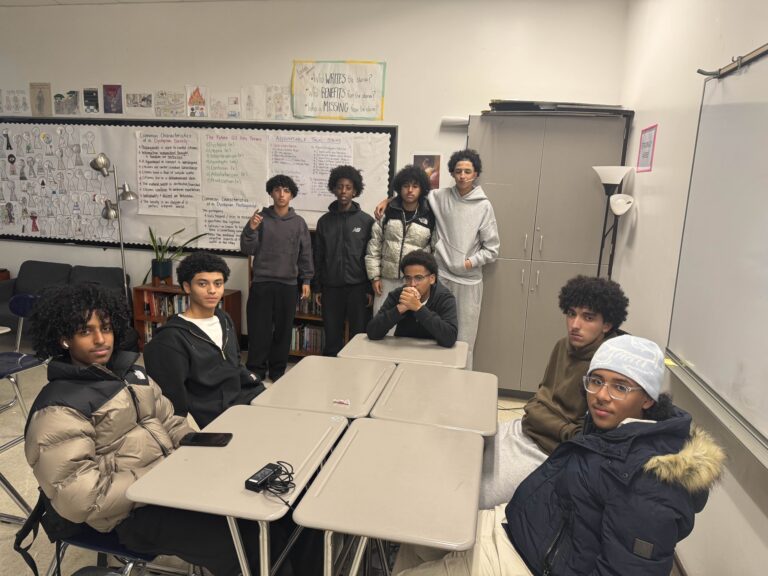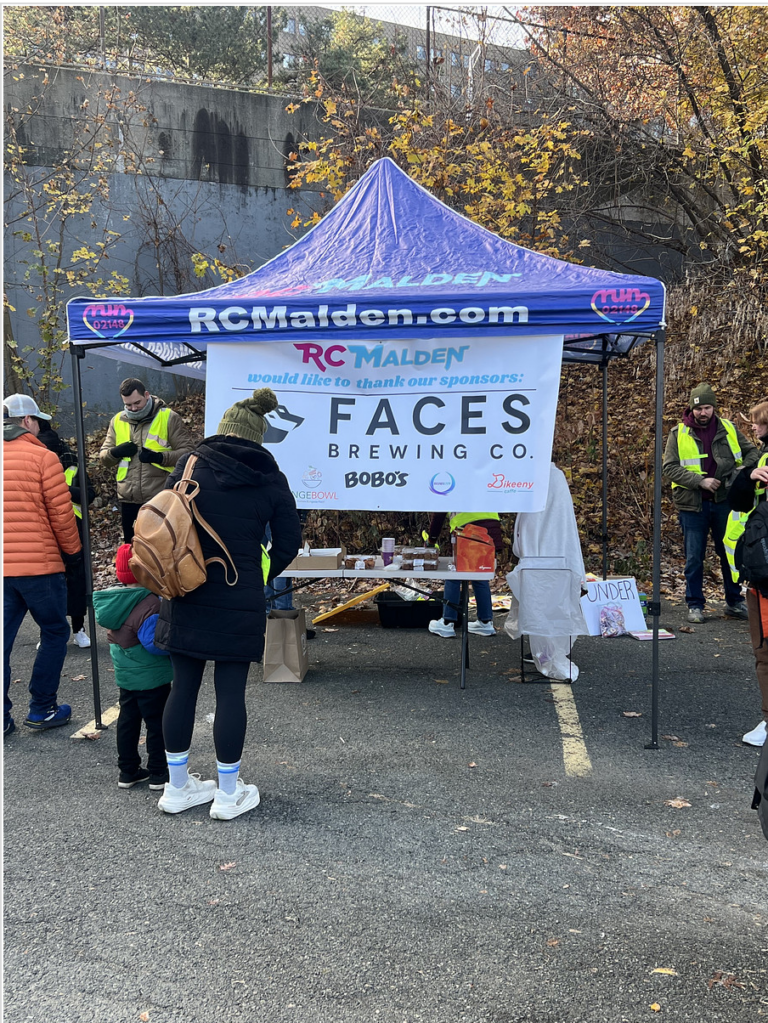Elections are right around the corner, and as frightening as that may be, it is important to stay informed– by facts, not by biased media coverage. Not only are the presidential elections coming up; voters will be voting on ballot questions as well. Of the 19 proposed ballot questions, only four of them will be up for voting on November 8, 2016.
Listed below are the questions.
- “A “yes” vote would allow a second slots parlor to exist in Massachusetts. The 2011 gambling law currently allows for up to three resort casinos and one slots parlor. The slots parlor license is owned by Penn National Gaming, which operates Plainridge Park Casino in Plainville.”
- “This proposed law would allow the state Gaming Commission to issue one additional category 2 license, which would permit operation of a gaming establishment with no table games and not more than 1,250 slot machines.”
- Put simply, this means that the Gaming Commission would allow one business to be opened in which there can be up to 1,250 slot machines.
- “The proposed law would authorize the Commission to request applications for the additional license to be granted to a gaming establishment located on property that is (i) at least four acres in size; (ii) adjacent to and within 1,500 feet of a race track, including the track’s additional facilities, such as the track, grounds, paddocks, barns, auditorium, amphitheatre, and bleachers; (iii) where a horse racing meeting may physically be held; (iv) where a horse racing meeting shall have been hosted; and (v) not separated from the race track by a highway or railway.”
- The current location that the Gaming Commission would be considering for the slot parlor is at the Suffolk Downs horse racing track in East Boston.
- “The question, if approved, would let state education officials approve up to 12 new charter schools a year.”
- “This proposed law would allow the state Board of Elementary and Secondary Education to approve up to 12 new charter schools or enrollment expansions in existing charter schools each year.”
- Voting yes on this would enable the Board of Elementary and Secondary Education to open 12 new charter school in the state, and enroll more students in the ones already in existence.
- “Approvals under this law could expand statewide charter school enrollment by up to 1% of the total statewide public school enrollment each year. New charters and enrollment expansions approved under this law would be exempt from existing limits on the number of charter schools, the number of students enrolled in them, and the amount of local school districts’ spending allocated to them.”
- The charter schools already in existence could expand enrollment by 1% of the current public school enrollment. So, say there are 500,000 student currently enrolled in public schools: all the charter schools in the state could increase their enrollment by 5,000 students.
- “If the Board received more than 12 applications in a single year from qualified applicants, then the proposed law would require it to give priority to proposed charter schools or enrollment expansions in districts where student performance on statewide assessments is in the bottom 25% of all districts in the previous two years and where demonstrated parent demand for additional public school options is greatest.”
- Since only 12 new schools would be permitted to open in one year, districts with the highest demand for them would have priority.
- “New charter schools and enrollment expansions approved under this proposed law would be subject to the same approval standards as other charter schools, and to recruitment, retention, and multilingual outreach requirements that currently apply to some charter schools. Schools authorized under this law would be subject to annual performance reviews according to standards established by the Board.”
- These new charter schools would be subject to the same rules and restrictions that the currently existent ones are subject to.
- “The proposed law would take effect on January 1, 2017.”
- “This question, if approved, would phase out what advocates say are “extreme” methods of farm animal confinement.”
- “If approved, this law would prohibit breeding pigs, calves raised for veal, and egg-laying hens from being held in confined spaces. Question 3 defines confined as meaning that which “prevents the animal from lying down, standing up, fully extending its limbs, or turning around freely.”[1] This law would also apply to business owners who knowingly sell pork, veal, or eggs from animals held in this way, even if the source is outside of Massachusetts.”
- This question, if approved, would fight for improved living conditions for livestock.
- “Exceptions to this confinement rule include temporary holding cells for transportation, fairs, medical research, veterinary exams, and other purposes.”
- The above standards would only apply to permanent residence, not temporary living conditions.
- “The state attorney general would administer the new law, which would come with a maximum fine of $1,000 could be levied for each violation.”
- Violators would be fined $1,000.
- “Supporters such as the MSPCA said that the measure seeks to avoid needless suffering of animals raised for eggs and slaughter, while many opponents say that these practices are generally not practiced in Massachusetts in the first place.”
- “ If voters say “yes,” Massachusetts will join Colorado, Alaska, Oregon, Washington state and District of Columbia in legalizing marijuana for recreational use.”
- “Question 4 would legalize and create a commission to regulate marijuana in Massachusetts. Currently, marijuana is only permitted for medicinal purposes. Under the new law, Individuals at least 21 years old would be able to use it, grow it, and possess it. The measure stipulates that individuals could possess under ten ounces of marijuana inside their homes and under one ounce in public. They could also grow up to six marijuana plants in their homes.”
- This would make marijuana accessible to anyone at the age of 21 or older. Individuals above the age of 21 could grow up to six marijuana plants at home.
- “The measure would create a regulatory structure called the Cannabis Control Commission. This body would oversee marijuana legalization and issue licenses to firms that seek to sell marijuana products.”
- A commission would be created to control the distribution of marijuana in the state.
- “Under the measure, retail marijuana would be subject to the state sales tax with an additional 3.75 percent excise tax. If it chooses, a local municipality could add another 2 percent tax. Revenue from excise taxes, license application fees, and fines for minor violations of this law would be placed in a Marijuana Regulation Fund, which would help to pay for administrative costs of the new law.”
- If legalized, marijuana would be taxed.
- “If approved, marijuana legalization would take effect on December 15, 2016.”
All of these ballot questions have enormous impacts on the state as well as individual cities and districts. The question that is receiving a great deal of attention is question 2; with it comes a heavy disagreement between public school and charter school supporters. The largest issue people tend to have with charter schools, is that they, unlike public schools, don’t have to report to the local school committee. Public schools are responsible for the education of the whole city, while charter schools are only responsible for a small portion of children.
When asked, Malden High principal Edward Lombardi stated that he “definitely [considers himself] more pro-public school than anti-charter school.” He claimed that the only issue he has with charter schools is that they get a large portion of money from the state that would otherwise be going towards public schools. Public schools could be using that money for building academic programs, broadening choices for electives, and hiring more teachers in order to decrease class sizes.
During election season, it is vital that to know about local elections as well as the national elections. Building a strong opinion on politicians and ballot questions is the key to being satisfied with where you live. In the United States, we the people hold so much power, it is important to use that power to mold the world into one we would like to live in.
Information pulled from BallotPedia State Desk: Jackie Beran, Ryan Byrne, Joshua Donovan, Jessica Dravecky, Rebecca Hellmich, Cindy Kehler, Wes Taliani, Samantha Waldroup.
Check out the ballot questions here.




